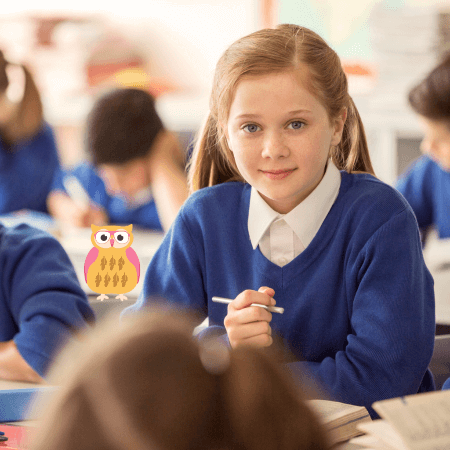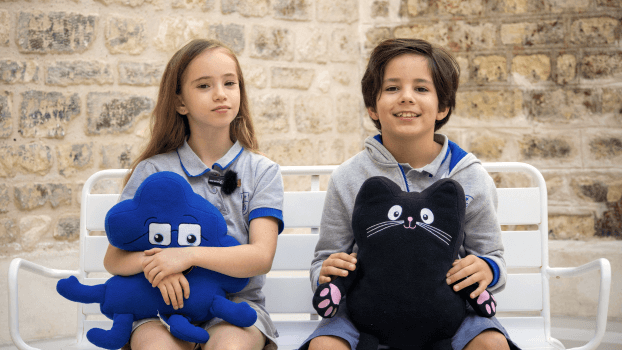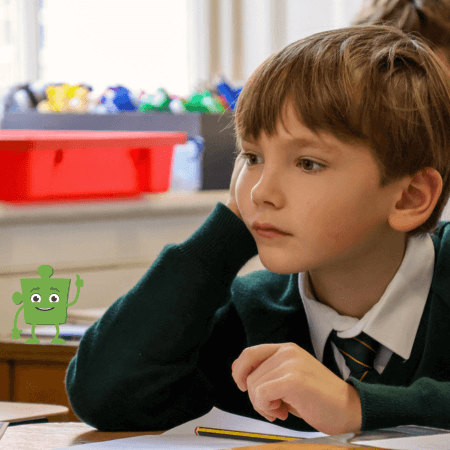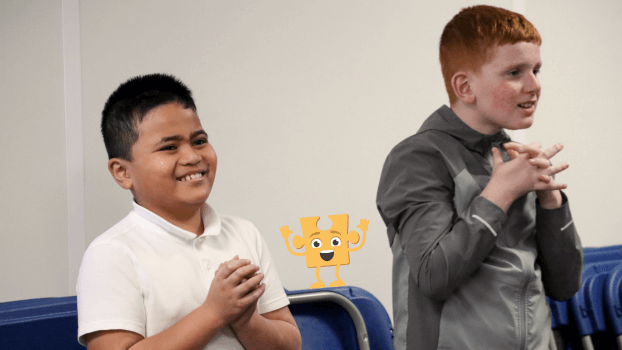RE is about so much more than facts. It’s about nurturing curiosity, encouraging children to reflect on their own beliefs and experiences, and building respect for others.
RE is about so much more than facts. It’s about nurturing curiosity, encouraging children to reflect on their own beliefs and experiences, and building respect for others.
When RE is delivered in this way, it transforms not just children’s understanding of different beliefs, but how they treat each other every day.
High-quality RE helps children grow into thoughtful, open-minded citizens who feel confident engaging with the world around them.
According to our recent (2025) customer survey 83.1% of teachers agree Jigsaw RE has increased pupils’ knowledge and critical thinking.










